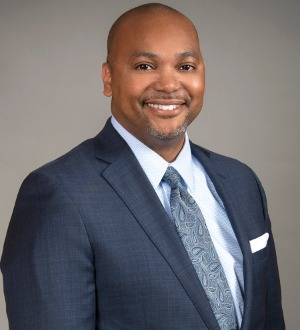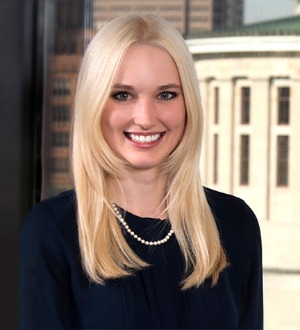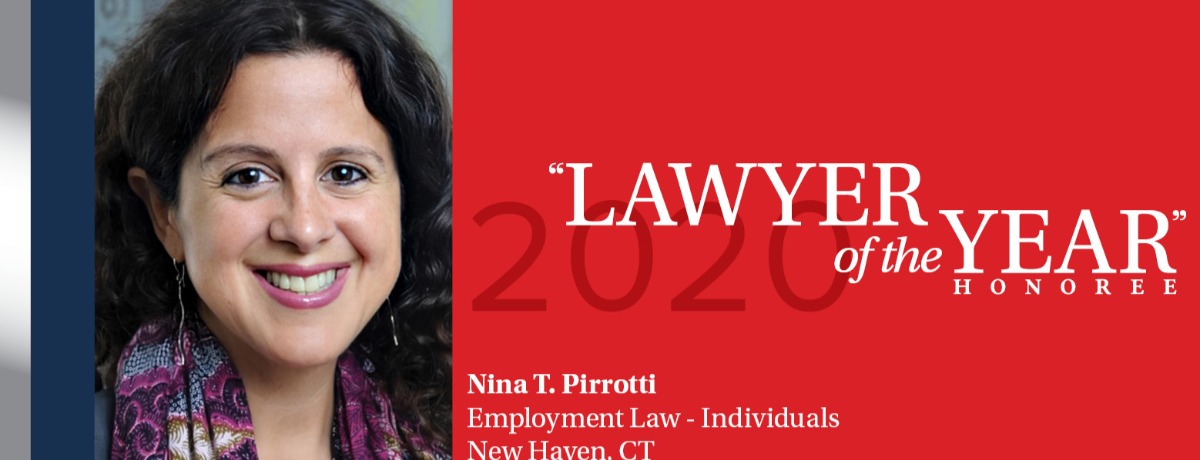When can an individual be considered an “employer” under the Fair Labor Standards Act?
Under the Fair Labor Standards Act (FLSA), an employer must pay its employees for all hours worked. The term “employer” is very broad; it includes both companies and individuals “acting directly or indirectly in the interest of an employer in relation to an employee.”[1] An employee can have two or more employers that meet this definition, such as the company itself and an individual that represents the company (typically the company’s owner or upper-level manager). Both the company and the individual can be held liable under the FLSA for wage violations.
Individuals are considered “employers” under the FLSA if they meet the requirements of the “Economic Reality” test. This test looks to whether the individual has significant ownership interests and operational control over the company, such that he or she could cause the company to violate the FLSA. The individual need not have exclusive control over the company to be considered an employer under the FLSA; instead, he or she need only have control over “significant aspects” of the company’s operations.[2]
There are a number of factors courts evaluate in order to make this determination:
- How much control does the individual have over employees’ work?
- Is the person frequently on-site supervising the employee?
- Does the person make employee schedules?
- Does the person control the employee’s normal day-to-day activities?
- Does the person decide how the employee is paid?
- Does the person dictate workplace policies and practices?
- Does the person have the ability to hire and fire employees?
- Does the person write the employee handbook or other workplace policies?
- Is the person responsible for handling employee payroll?
- Generally, is the person the “top man” at the company?
- Does the company function primarily for the individual’s personal benefit?
- Does the person have “ultimate decision-making power” over important company decisions?
No one factor will determine whether an individual is an employer for purposes of the FLSA, so all the surrounding circumstances must be considered to make this determination. Moreover, the individual must not only possess but also exercise control over these specific duties; simply holding a position of authority is not sufficient to confer employer liability under the FLSA.
How does this affect a claim for unpaid wages?
Generally, individuals cannot be held liable under the FLSA. However, if an individual is considered an “employer,” then they are liable for unpaid wages under the FLSA. Individual employers are “jointly and severally” liable with the company they represent, meaning that an employee can collect unpaid wages from the company, the individual, or both.
Each situation is different, and a thorough review of the facts may be required to determine if you are employed in a role that may subject you to personal liability as an employer under the FLSA. If you have questions regarding your job duties or about your wages and employment generally, please reach out for a free consultation.
Overtime Lawyers in Ohio
[1] 29 U.S.C. § 203(d).
[2] Donovan v. Agnew, 712 F.2d 1509, 1514 (1st Cir. 1983).








































